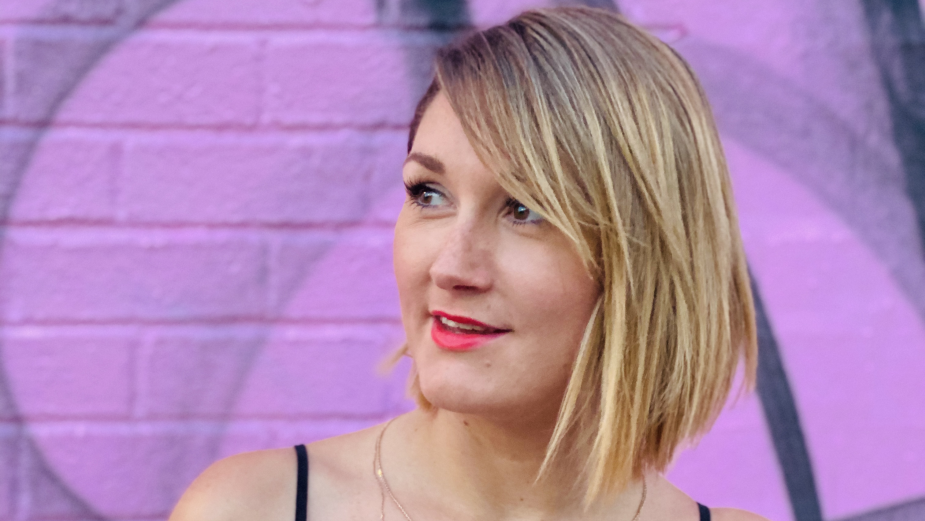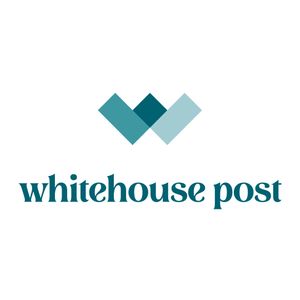
Finely Sliced: A Colour-Coded Edit with Lizzy Graham

Lizzy Graham is a multiple award-winning Whitehouse Post editor. She was the editor on the short film ‘The Phone Call’, which won Best Live Action Short at the 87th Academy Awards and has had multiple short films throughout the festival circuit. Lizzy works with global brands such as Spotify, Gatorade, Pantene, Ford, and Adidas, and desires to tell stories the right way, continually evolving and developing as an editor.
Lizzy believes the fun part of editing is taking a familiar idea and turning it into something new. Get to know her approach to cutting content below.
LBB> The first cut is the deepest: how do you like to start an editing project?
Lizzy> Well first you have to memorise your footage. Luckily for me I was always good at memory games as a kid! I picked up the trick of colour coding my dailies back when I was an assistant and the method stuck. From there it's like a puzzle, you just have to figure out how it all fits together!
LBB> Non-editors often think of editing just in technical terms but it’s integral to the emotion and mood of a film. How did you develop that side of your craft?
Lizzy> I think I learned a lot from everyone I have ever worked with, but if I am honest, a lot of the time it's trial and error. You can’t be afraid to try. When I was a runner I was told ‘The more you cut the better you’ll get’ and I still think that is true.
LBB> How important is an understanding of story and the mechanics of story?
Lizzy> I find the best stories are the ones that you can relate to and evoke emotion. Commercials can be tricky since you only have a short amount of time to get a message across. But, challenge accepted! When I first watch through dailies I’m not thinking about the edit, but more about how the performance is going to help me bring the emotion. Sometimes it’s not what’s being said but a facial expression caught by chance or an unscripted look between actors. You can’t fake that. Then I play with timing, pauses in dialogue, when to cut in close & when to bring up the music in order to amplify the edit.
LBB> Rhythm and a sense of musicality seem to be intrinsic to good editing (even when it’s a film without actual music) – how do you think about the rhythm side of editing, how do you feel out the beats of a scene or a spot? And do you like to cut to music?
Lizzy> It comes down to intuition. I feel out how long the action takes and find the natural pace of the edit before adding music. Once you factor music in, it becomes a balancing act between spending enough time on a shot and also cutting to the beat. I have always enjoyed cutting music videos and spots with choreography as that’s what I grew up with. I attended dance school when I was a kid so you’d usually find me dancing around the house, something I still do now! Last summer I worked on Sam Smith’s ‘Diamonds’. I must have listened to the track 20 times before I got stuck into the footage. I learned the choreography too, the dancer in me just can’t help it.
LBB> Tell us about a recent editing project that involved some interesting creative challenges.
Lizzy> I worked with Charlie Mysak on a piece for the Biden/Harris election campaign which focuses on the relationship between a mother and daughter in the time of Covid. Filming with strict Covid restrictions in place meant we shot with a stripped back crew in only two filming locations. I won’t lie, editing that one was tough, and not from a technical aspect but from an emotional one. It was a subject matter that we had to get right as you don’t want it to feel insincere. Everyone that worked on this did an awesome job to illustrate the feeling of isolation that we all felt, and still feel, and to make it genuine and relatable.
LBB> In the US we know that editors are much more heavily involved across the post production process than in Europe - what’s your favourite part of that side of the job?
Lizzy> I like the fact that it feels more collaborative. I began my career in London and there the agencies tend to only get involved at the tail end of the edit after the director has had a first pass. Working in New York I’ve really grown to love how involved the agencies are from start to finish. It’s a team effort.
LBB> What’s harder to cut around – too much material or not enough?
Lizzy> They can both be problematic. Too much can mean a lot of time spent wading through footage and ending up with versions on versions. Too little can sometimes be frustrating as you will arrive at your cut and that’s it. Somewhere in the middle is the sweet spot.
LBB> Which commercial projects are you proudest of and why?
Lizzy> One is definitely the Billie ‘Project Body Hair’ campaign. Learning to love the skin you’re in is not an easy task, so I’m always keen to work on body positive campaigns. Ad council’s ‘Home’ was another great project as it gave AdoptUSKids’ their first-ever 1 million person organic reach post, it’s truly a testament to the quality of the creative.
LBB> There are so many different platforms for film content now, and even in advertising something can last anything from a few seconds to a couple of hours. As an editor, are you seeing a change in the kind of projects you’re getting from brands and agencies?
Lizzy> I think there has been a slight shift to more online content being produced, but I think brands are aware that they need to keep up with social trends and where to best reach their target audiences.
LBB> Who are your editing heroes and why? What films or spots epitomize good editing for you?
Lizzy> Cheesy as it sounds, I think every editor I have ever worked with, especially early on in my career, are collectively my heroes. Without each of them teaching me some little nugget of edit wisdom, I really wouldn’t be the editor I am.
LBB> How does editing in the commercial world differ from the film world and TV world?
Lizzy> Pace. Commercials you have 30 seconds to get the message across. Sometimes I have to remind myself that when I work on longer form projects I need to take more time. Slow down. Don’t cram the dialogue. I try to work on at least one short film every year, and I feel rather lucky that i get to do that. It keeps things fresh and interesting.
LBB> Have you noticed any trends or changes in commercial editing over recent years
Lizzy> I think the biggest change has been this past year and a half thanks to the pandemic pushing us to all work from home. I miss being on set and being in the office with a suite full of clients. I am a big fan of attended sessions, when you present your first edit you can learn a lot from everyone’s facial expressions. Safe to say, I’m ready to be back in the office.













